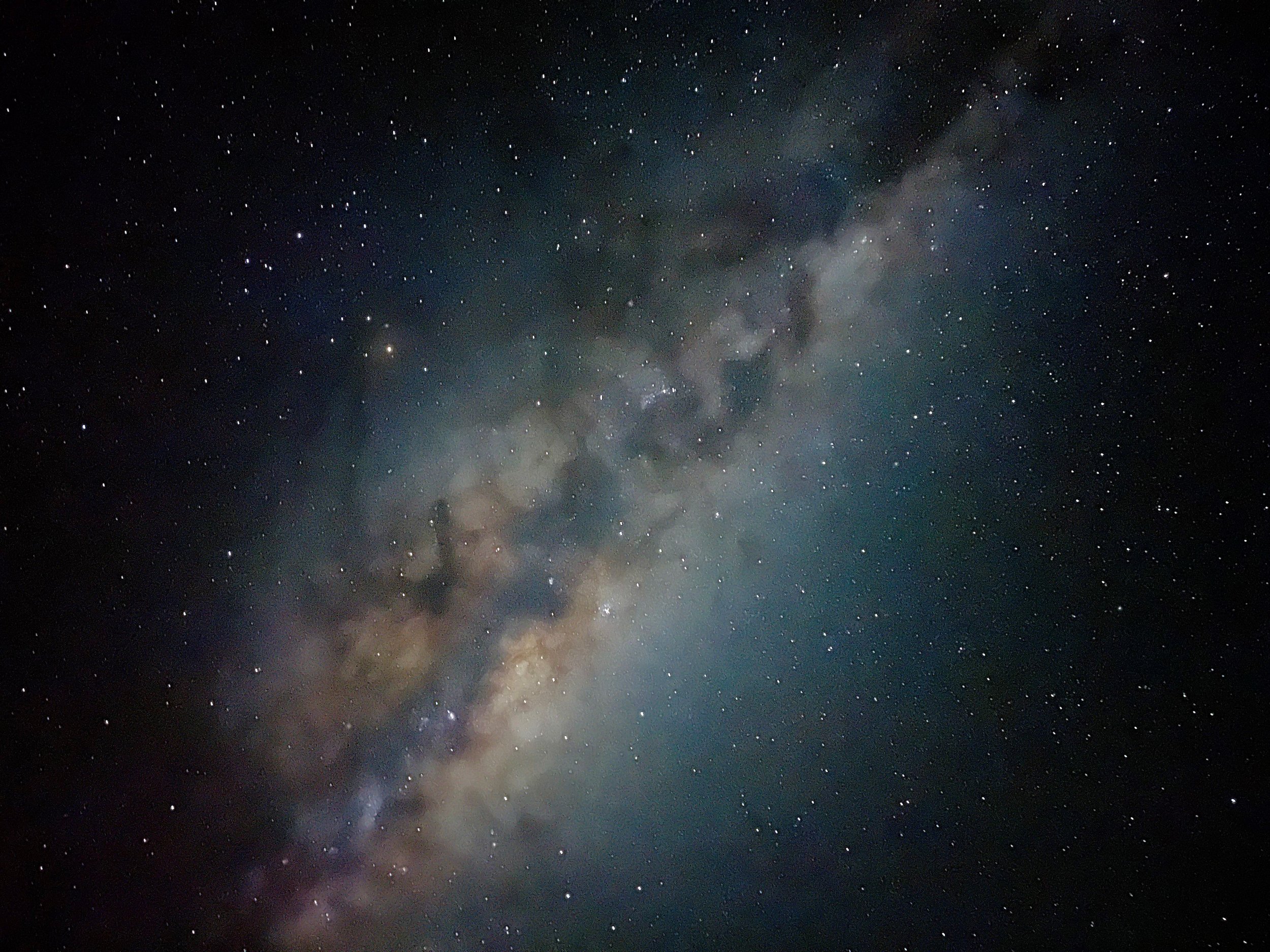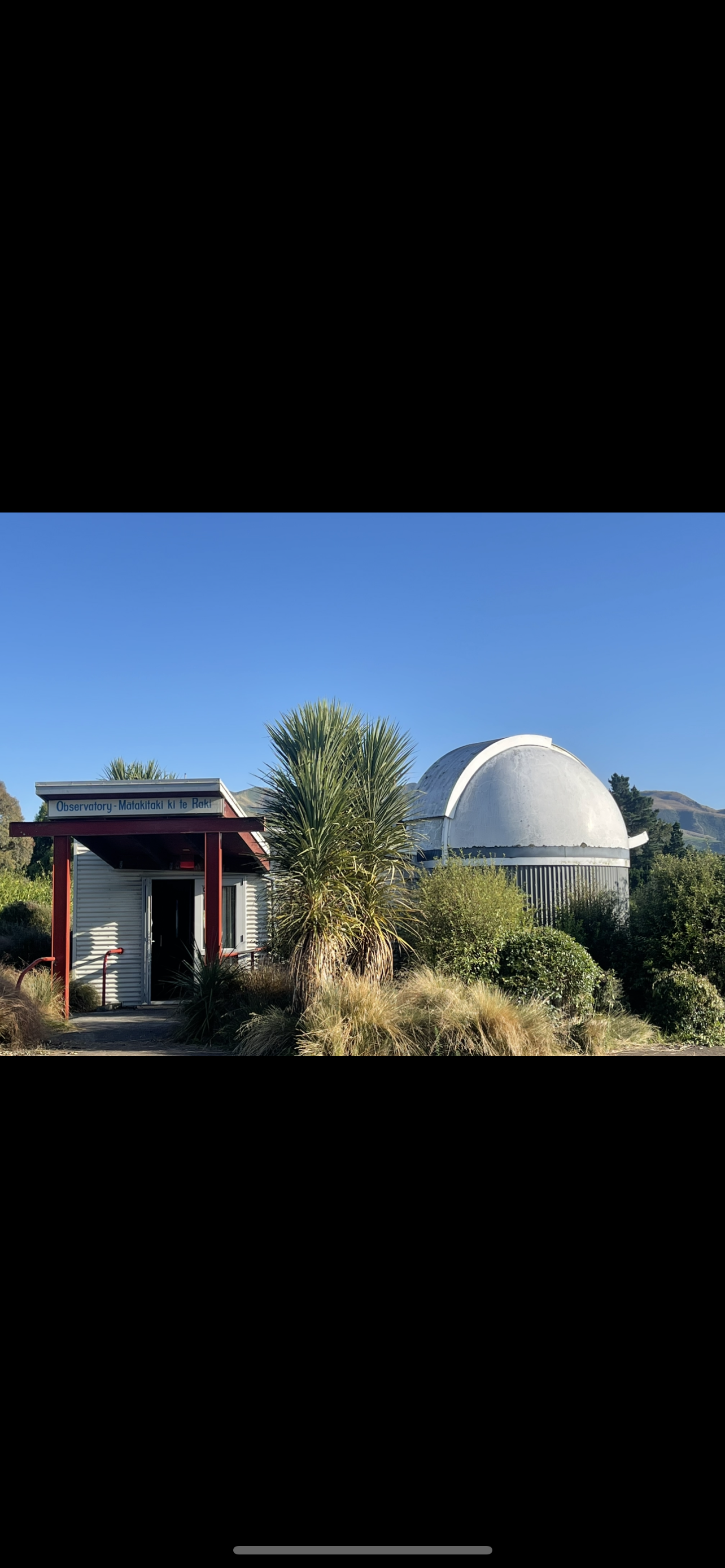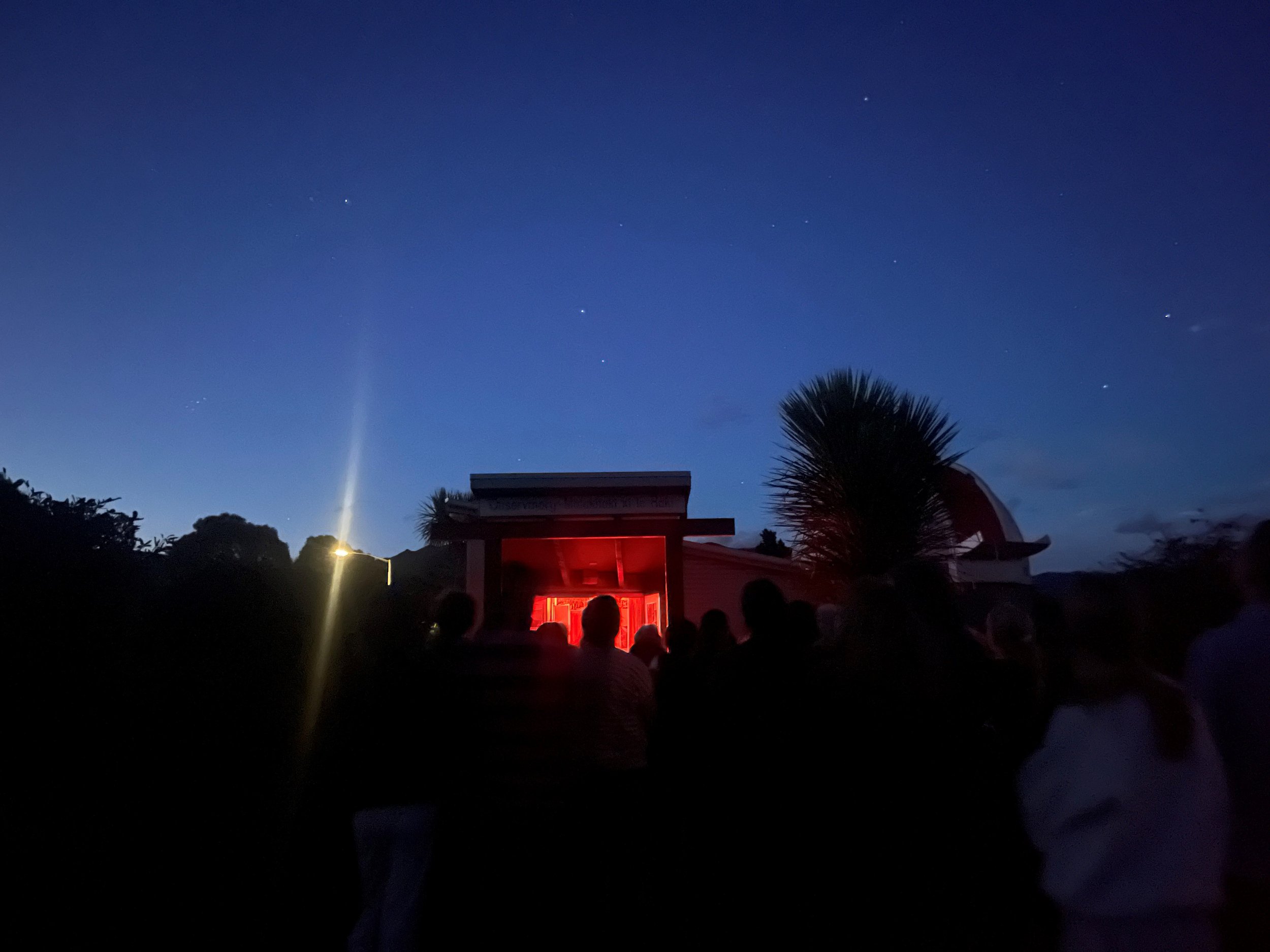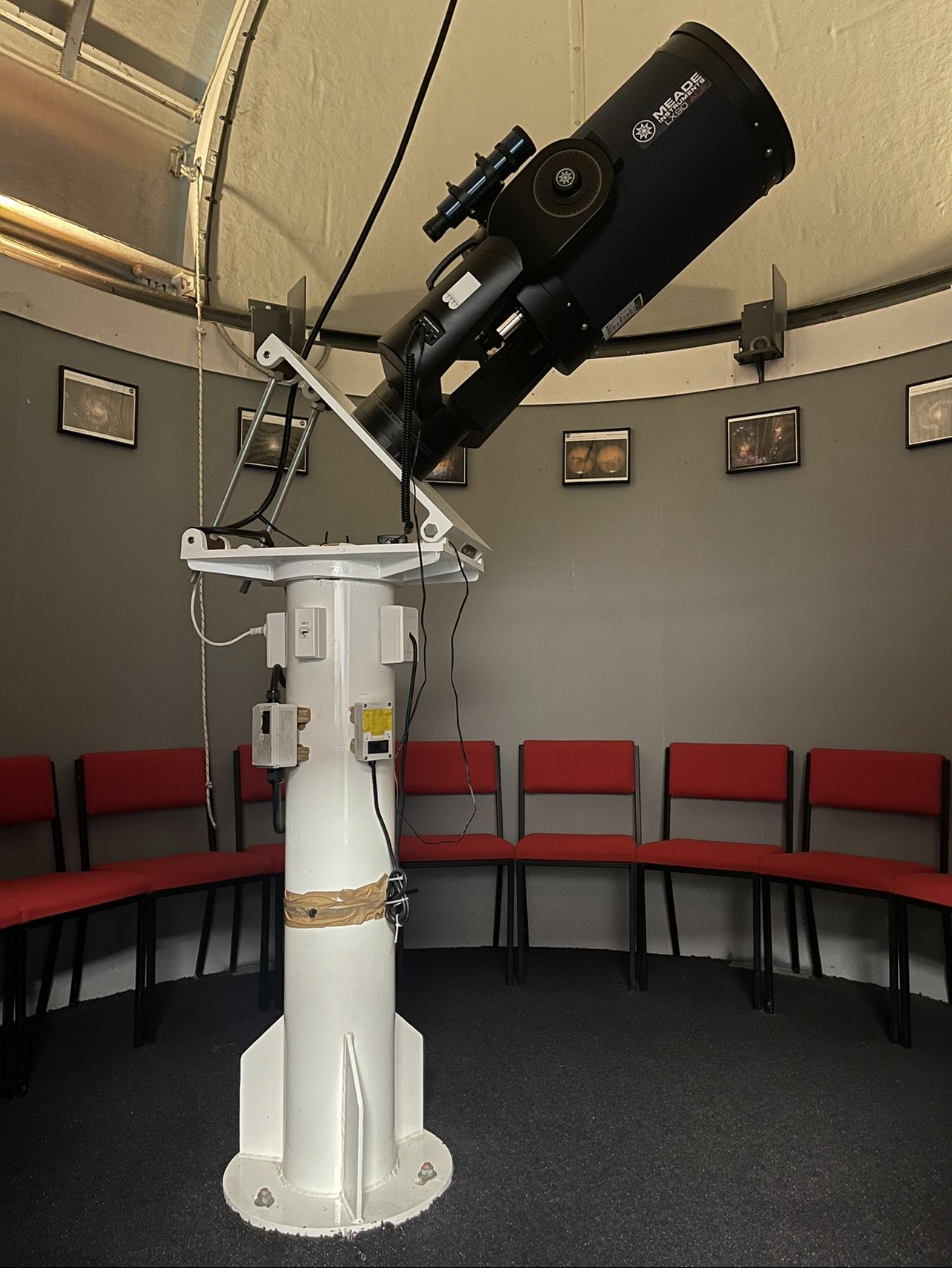Star Gazing at Oxford Observatory
Oxford Observatory holds open sessions for the public during the winter months.
One definite upside of the dark evenings is the chance to get out and look at the night sky without having to wait for a late sunset. However, if, like me, you step out into your back yard, look skywards and then realise you can’t identify much more than the moon – well then, it could be time to get booked in for a session at the Oxford Observatory.
words: Pattie Pegler images: Supplied
The observatory not only has a very hi-tech telescope but it also has a team of dedicated volunteers who can tell you what to look for and where to look. And that’s pretty important in the vast night sky.
“People are always amazed by what you can see through the telescope. There are lots of oohs and ahhs,” says volunteer Raul Elias Drago. “We look at things like open clusters which can be tens or hundreds of stars, double stars, globular clusters …you see different objects at different times.”
Visitors may also get to see galaxies, nebulae (giant clouds of dust or gas in space), and planets like Jupiter with its coloured bands and Saturn with its distinctive rings. Sessions also incorporate some time outside star gazing with volunteers helping to identify visible constellations and things like the Milky Way that can be seen with the naked eye.
The open sessions are run by volunteers and typically take up to 20 people. Roughly an hour is spent on the telescope and they try to view around six objects – pointing them out and then giving each visitor a chance to see it through the telescope. Sessions are weather dependent – there’s not much you can see through a thick layer of cloud.
For those with more than a casual interest in astronomy, then it’s also worth checking out some of the workshops and courses on offer at the observatory. There’s even one on astrophotography – helping you capture great images of all the incredible things up in that night sky. Bookings are essential for observatory sessions. For further details visit www. oxford.ngawhetu.nz or find the Oxford Observatory on Facebook.





